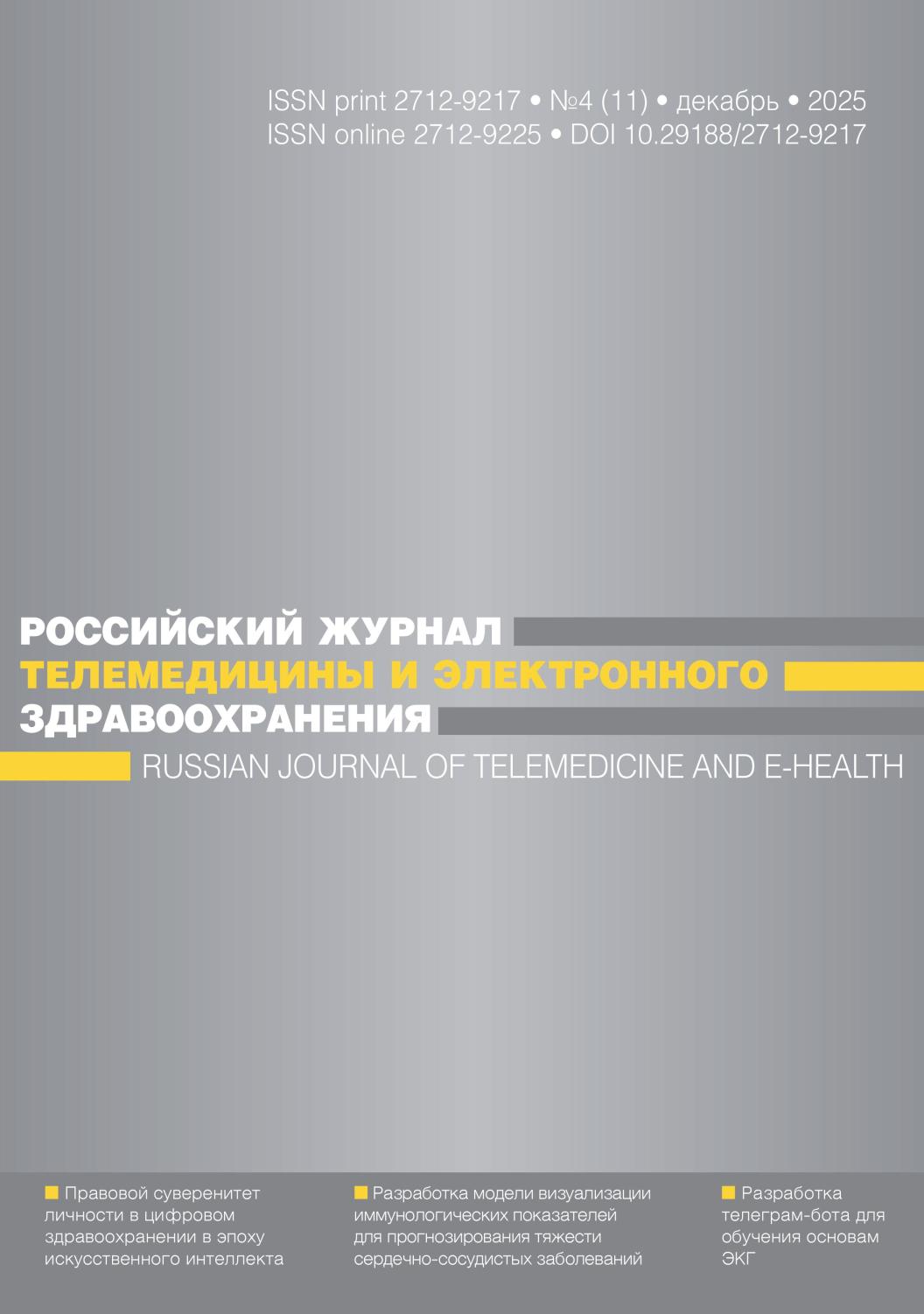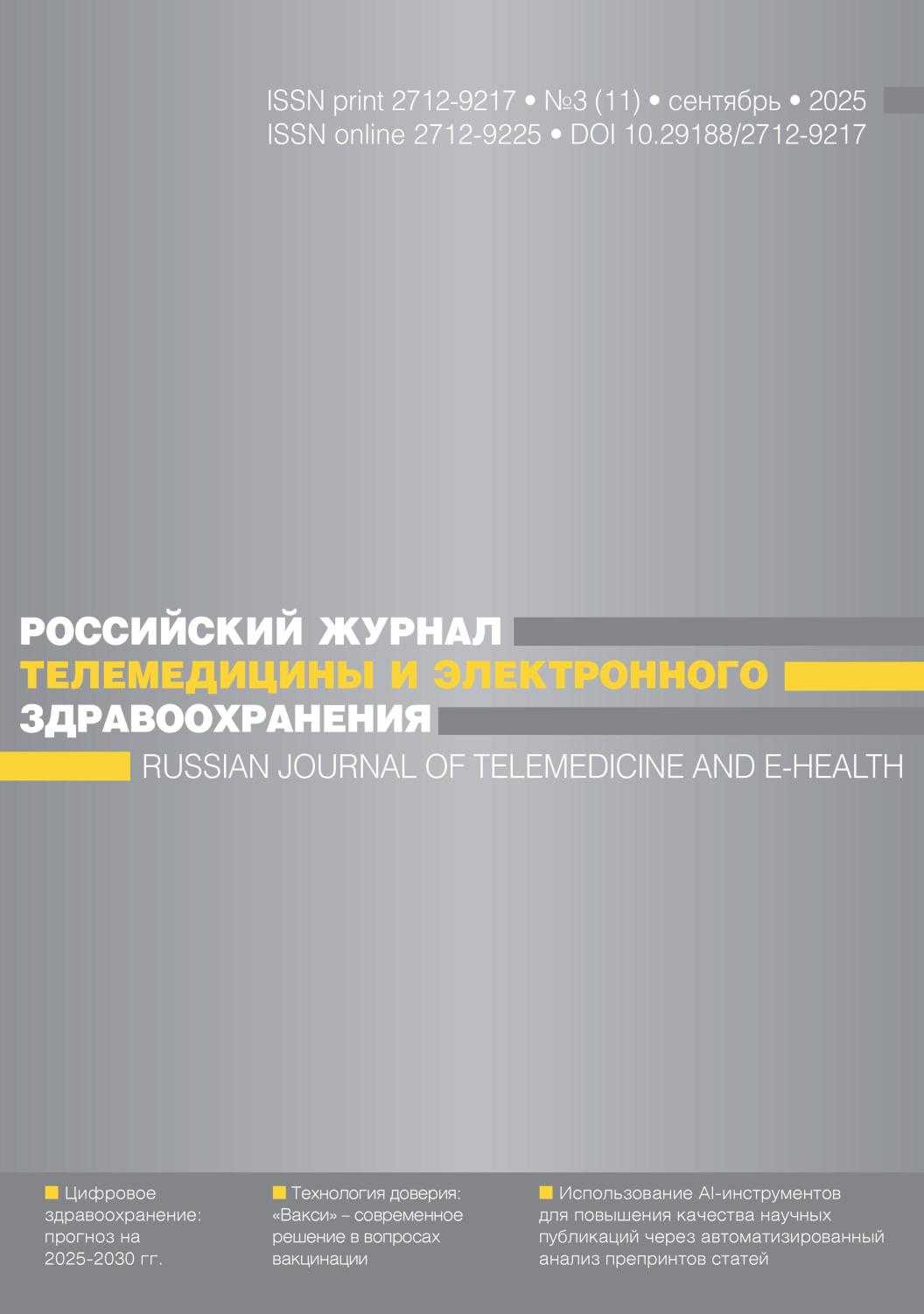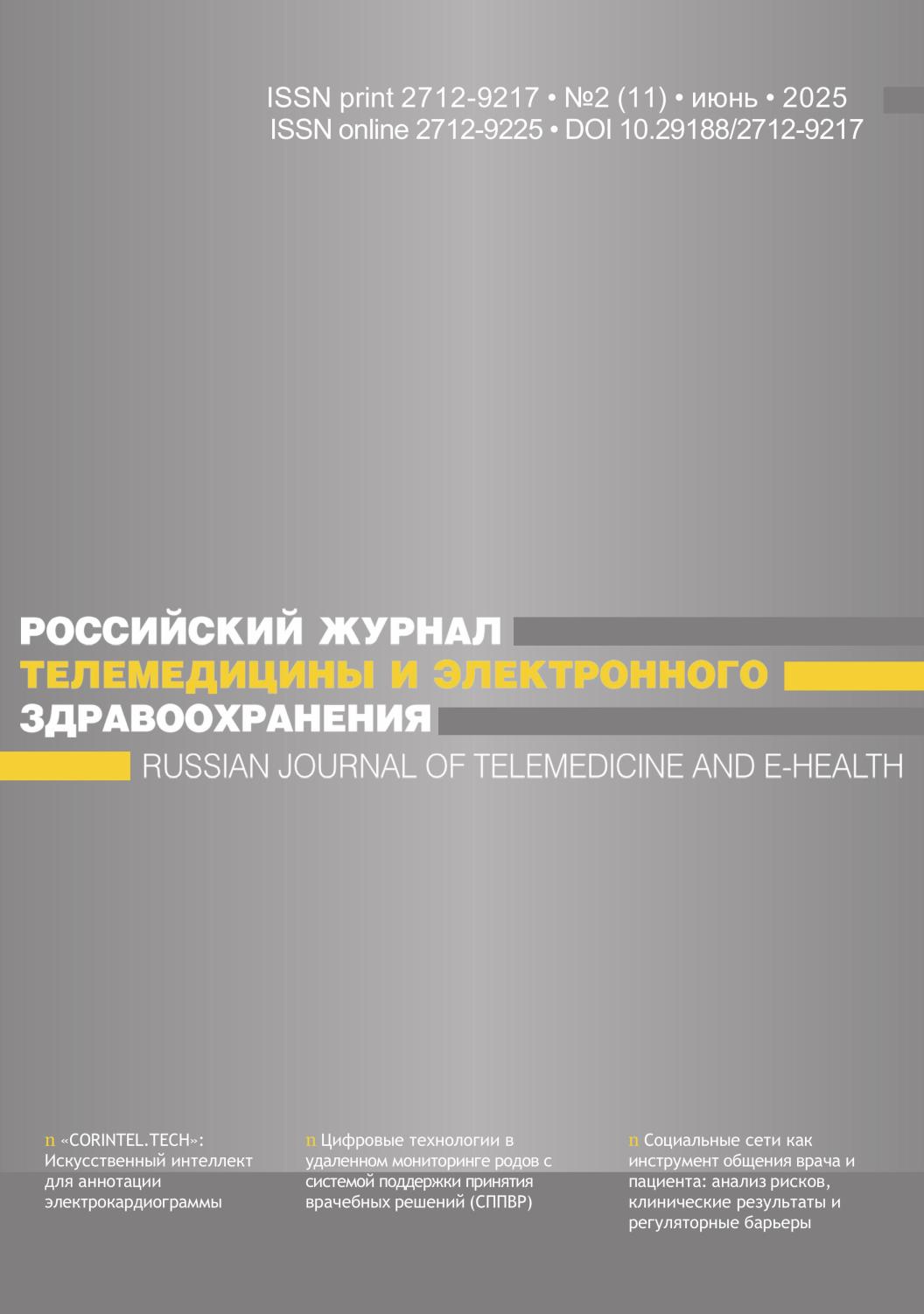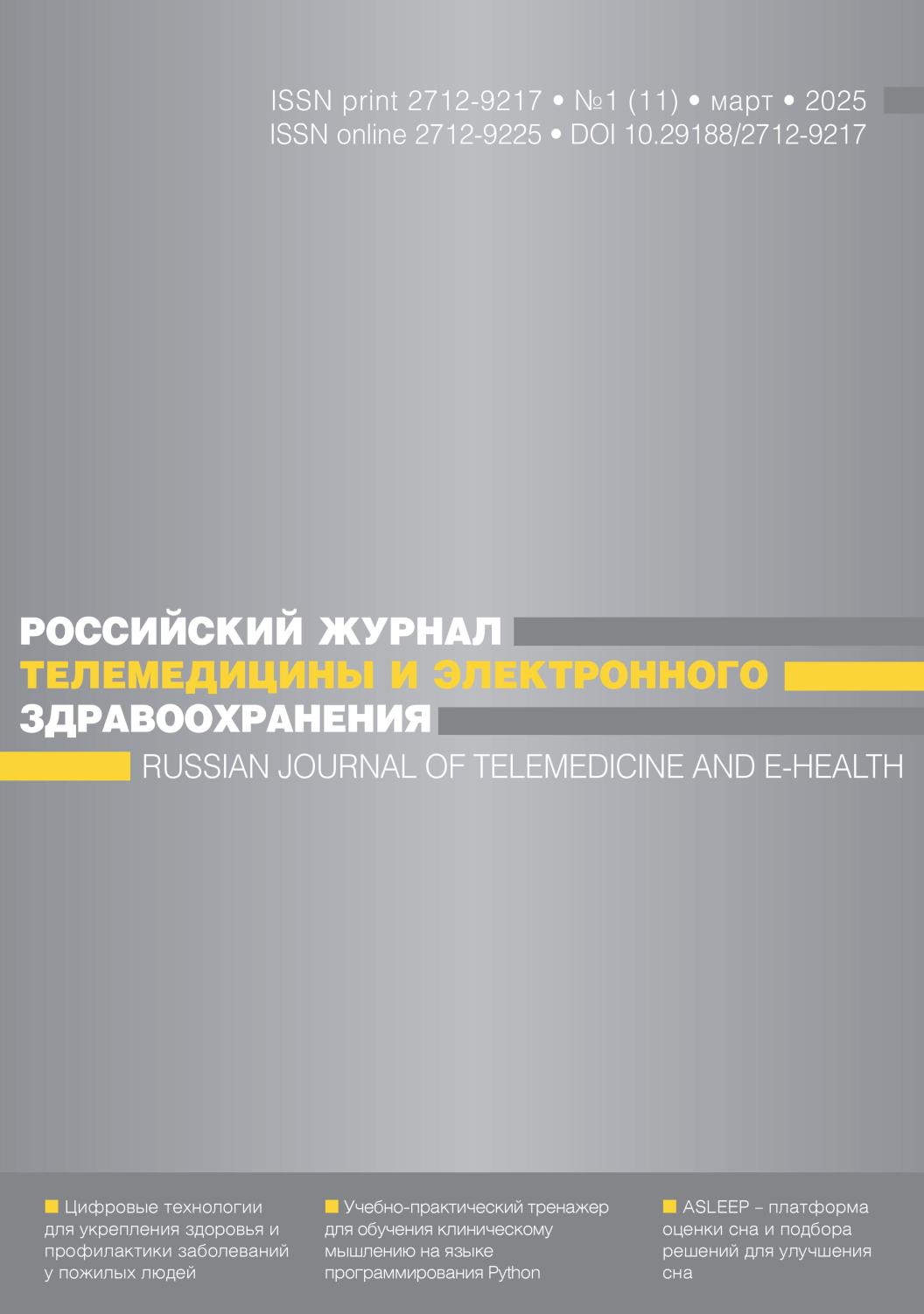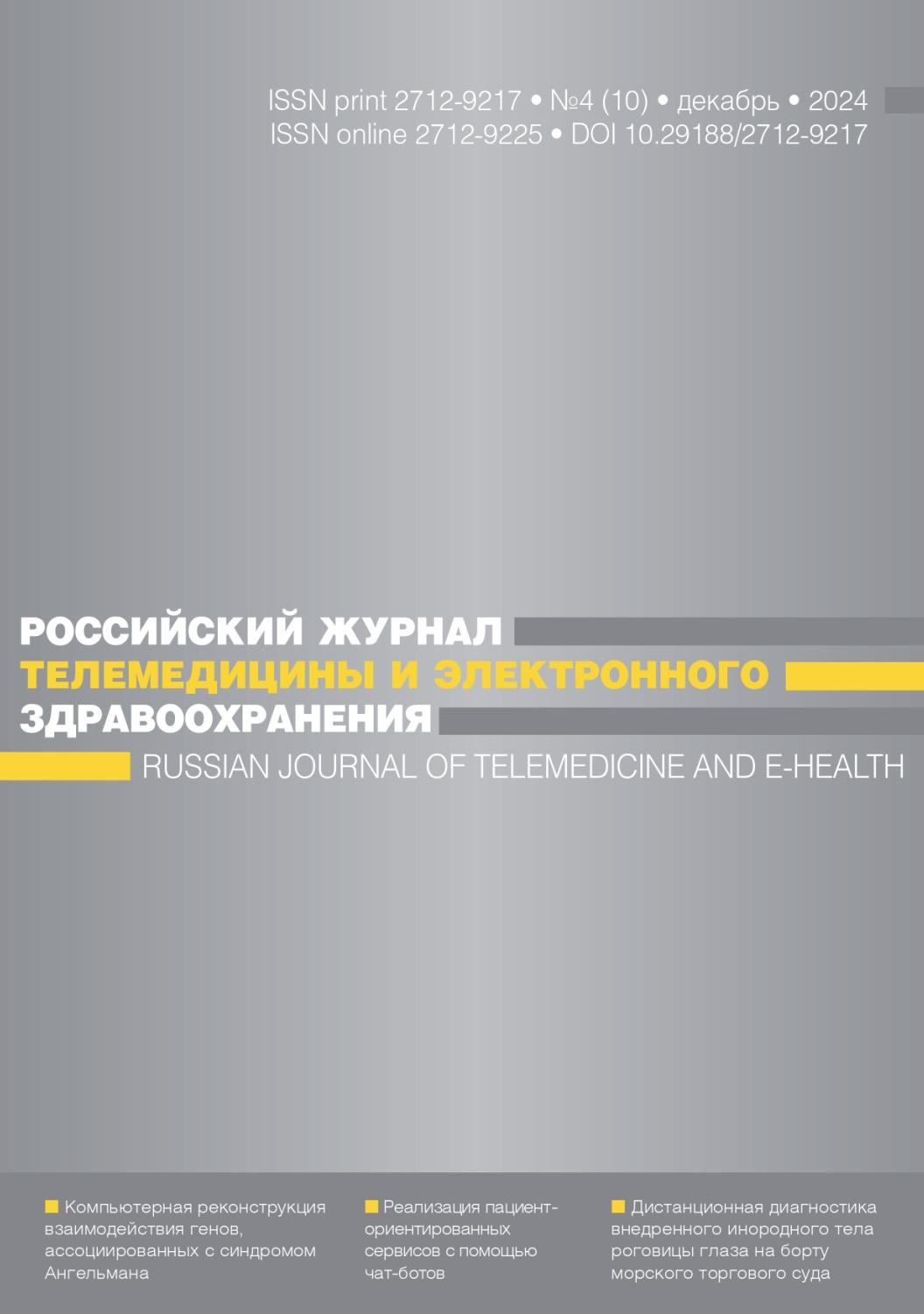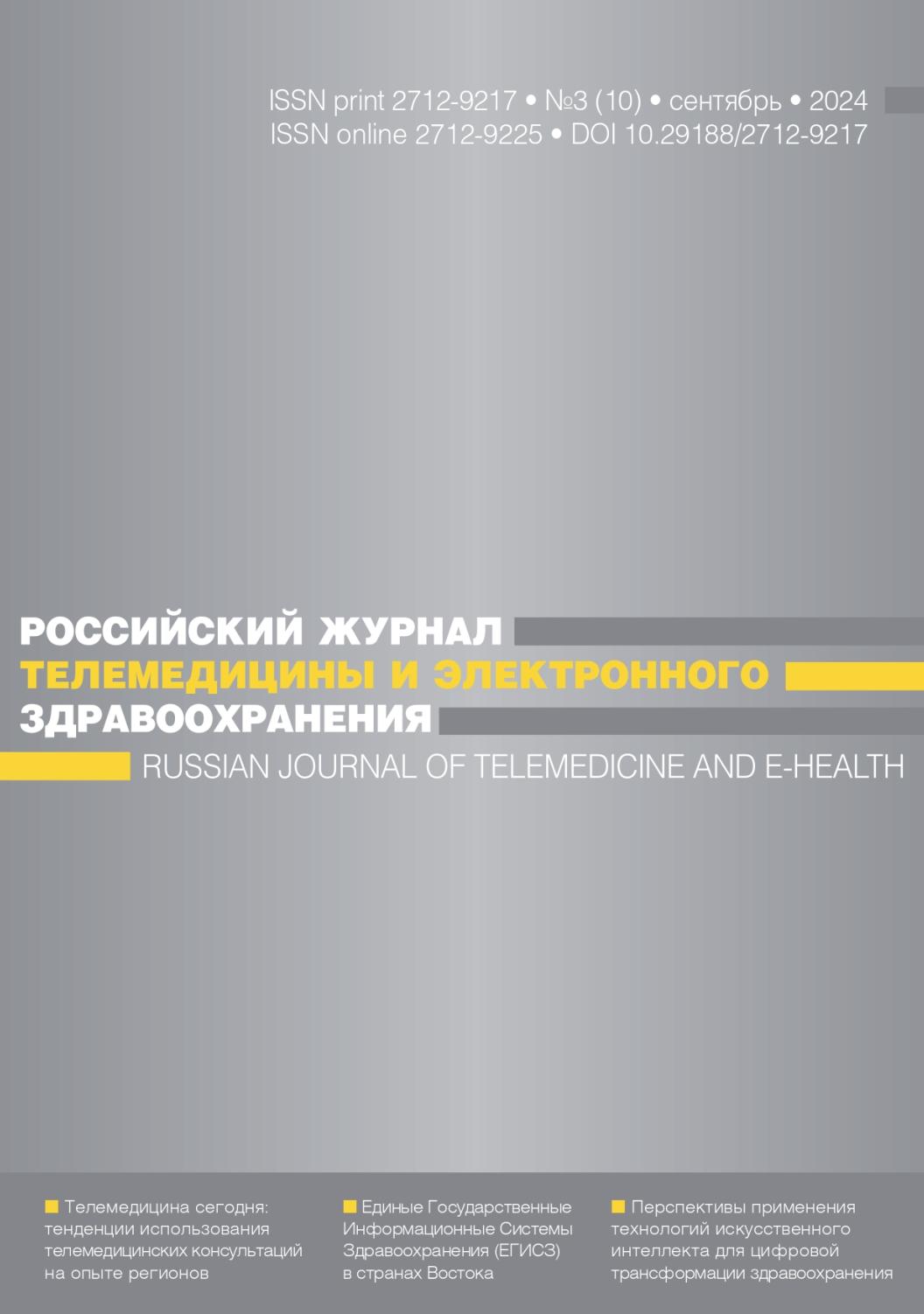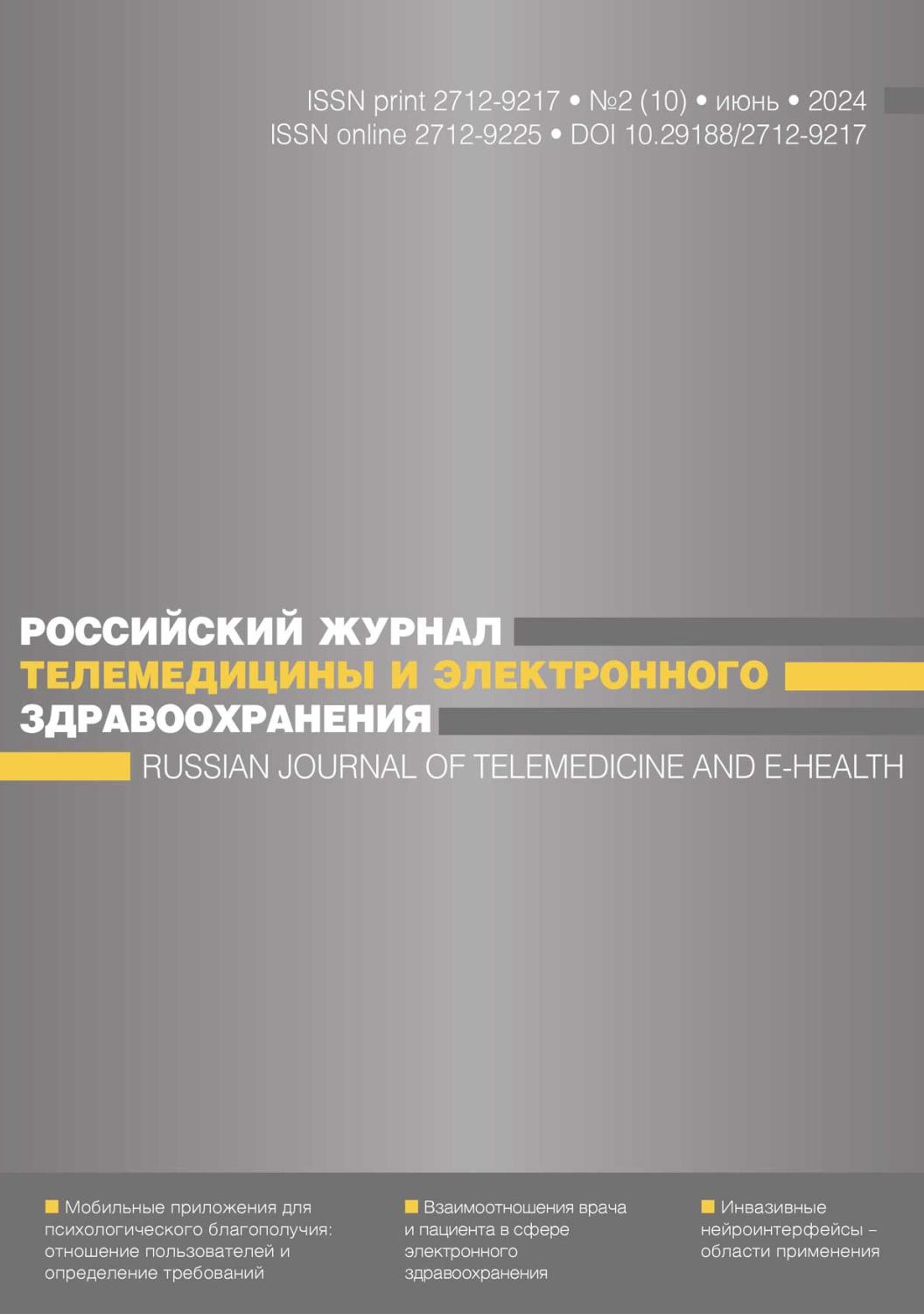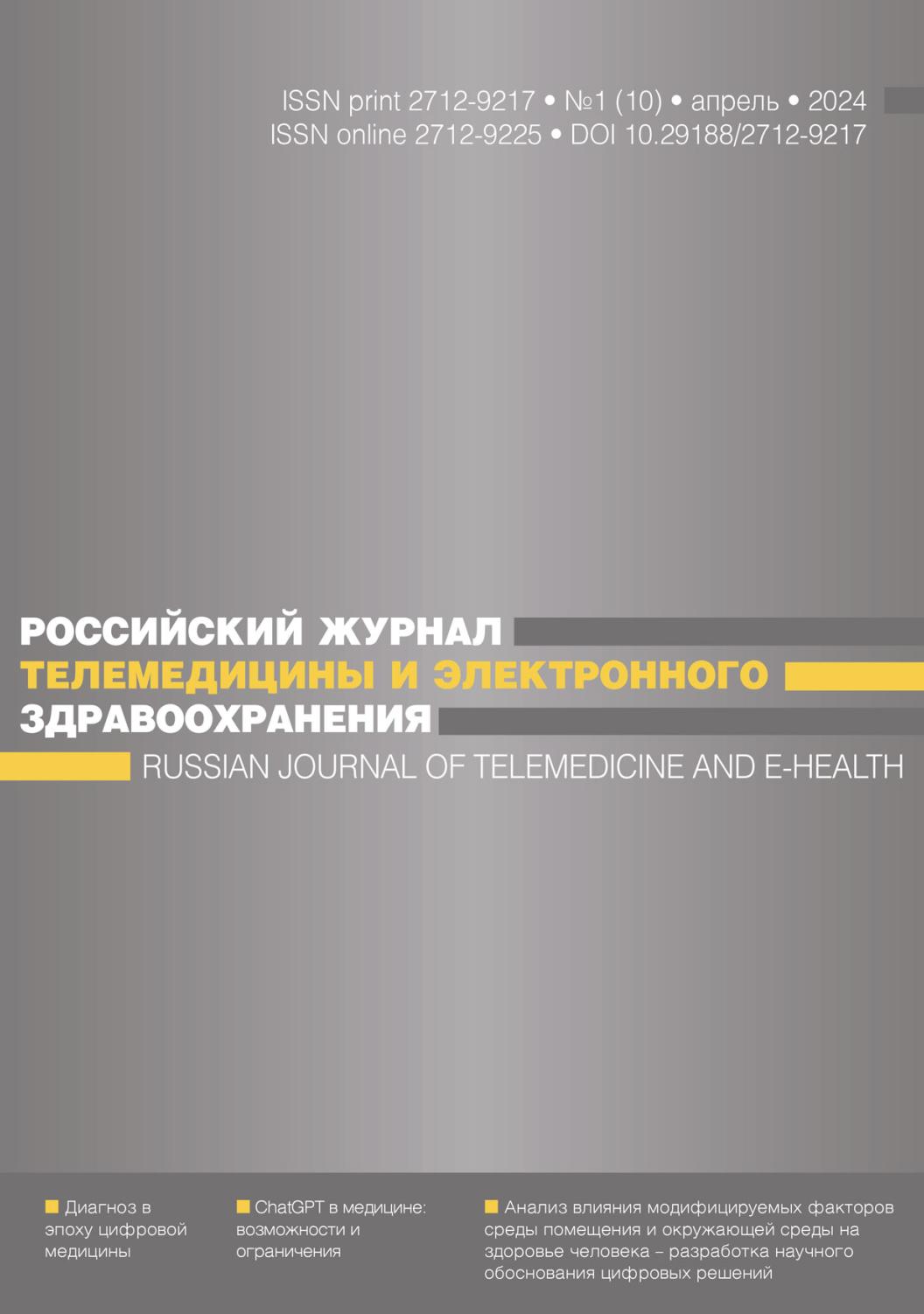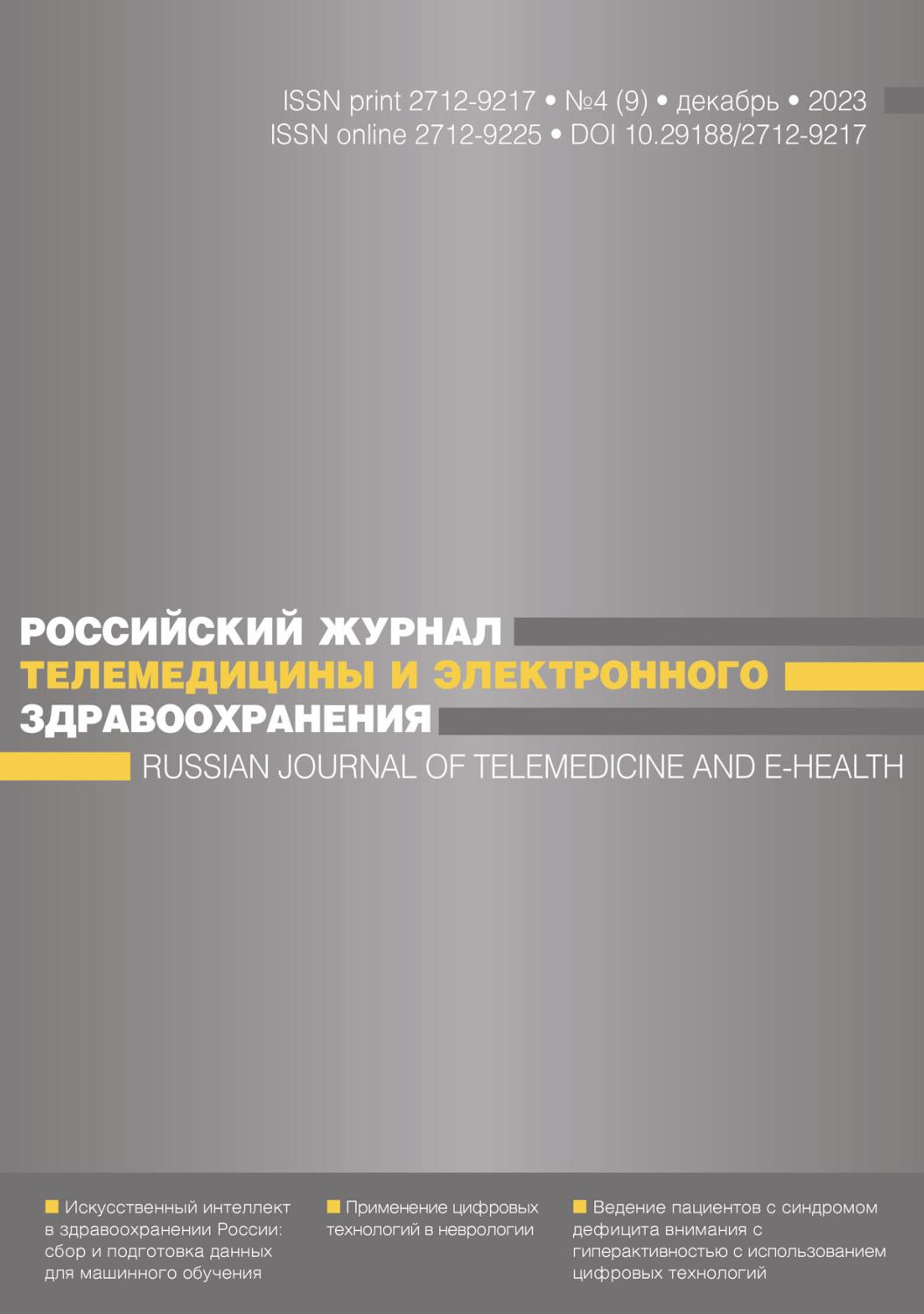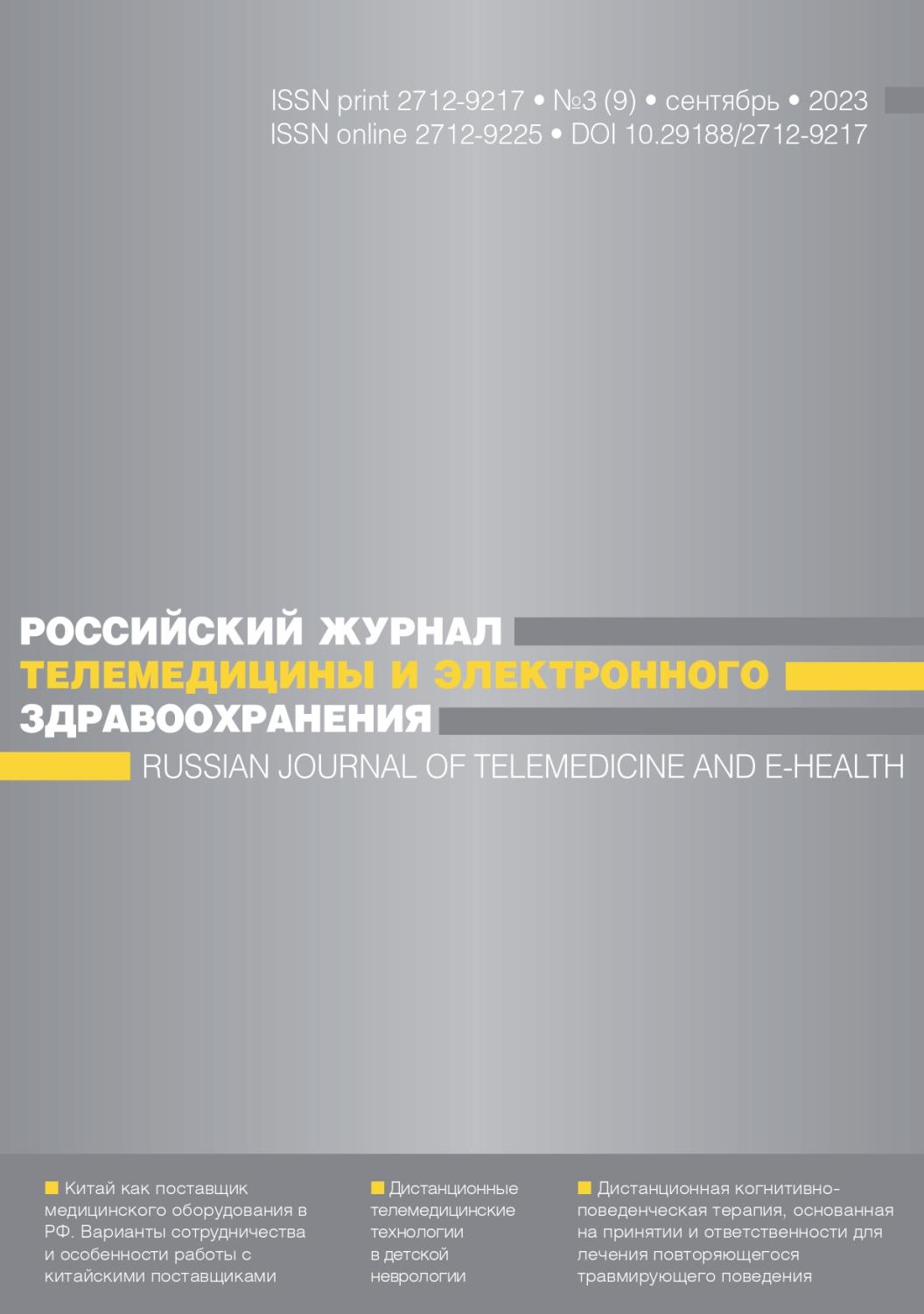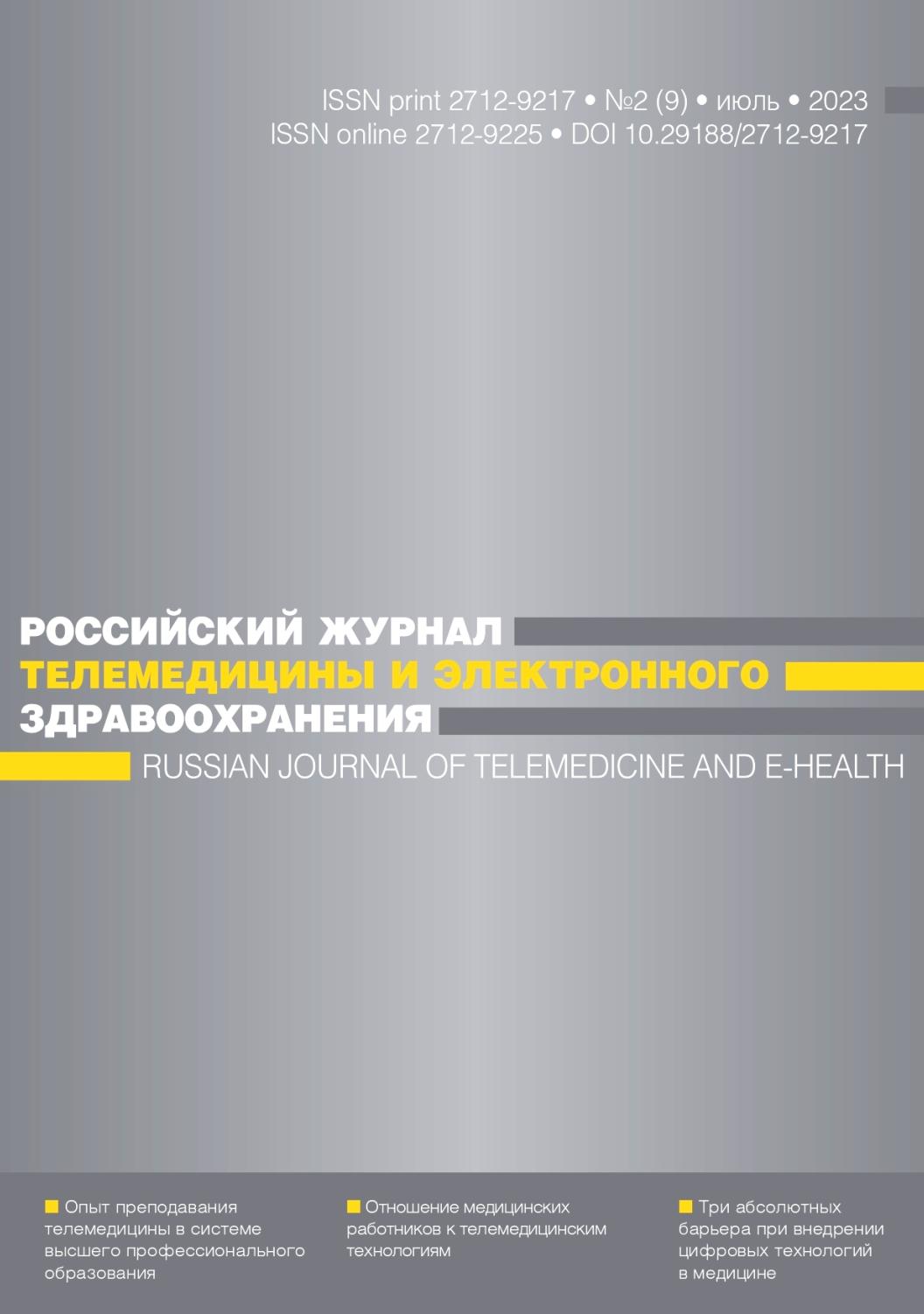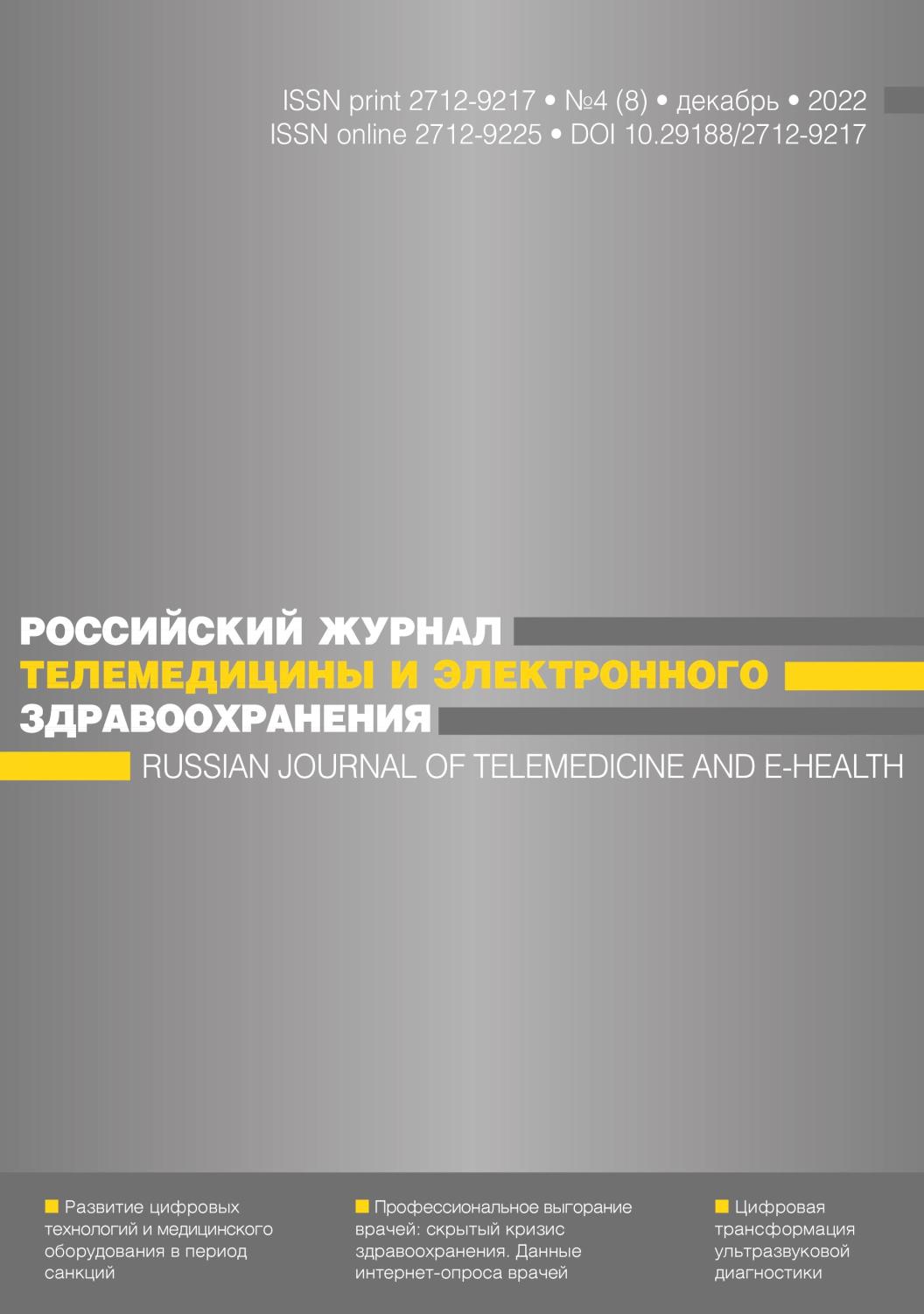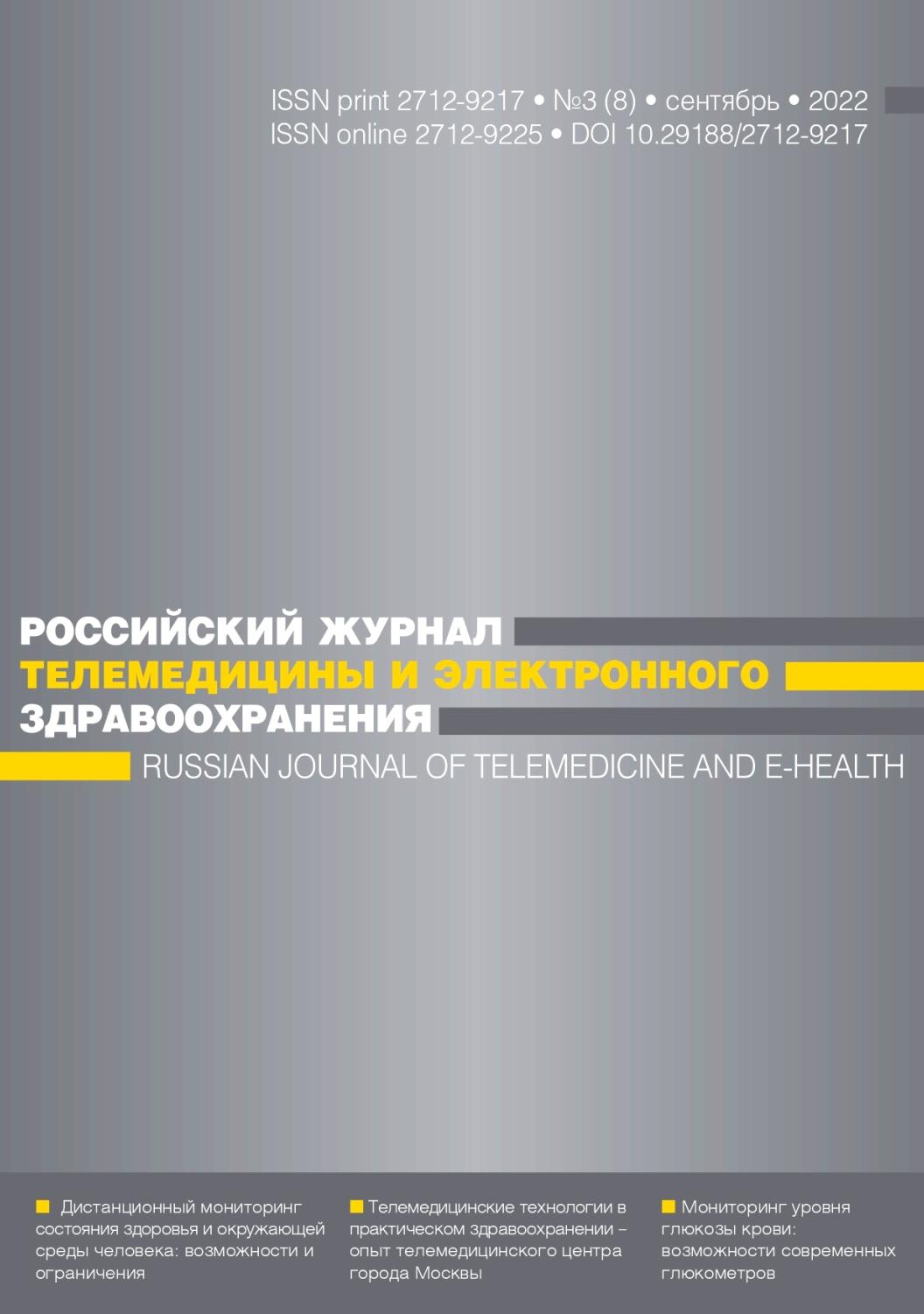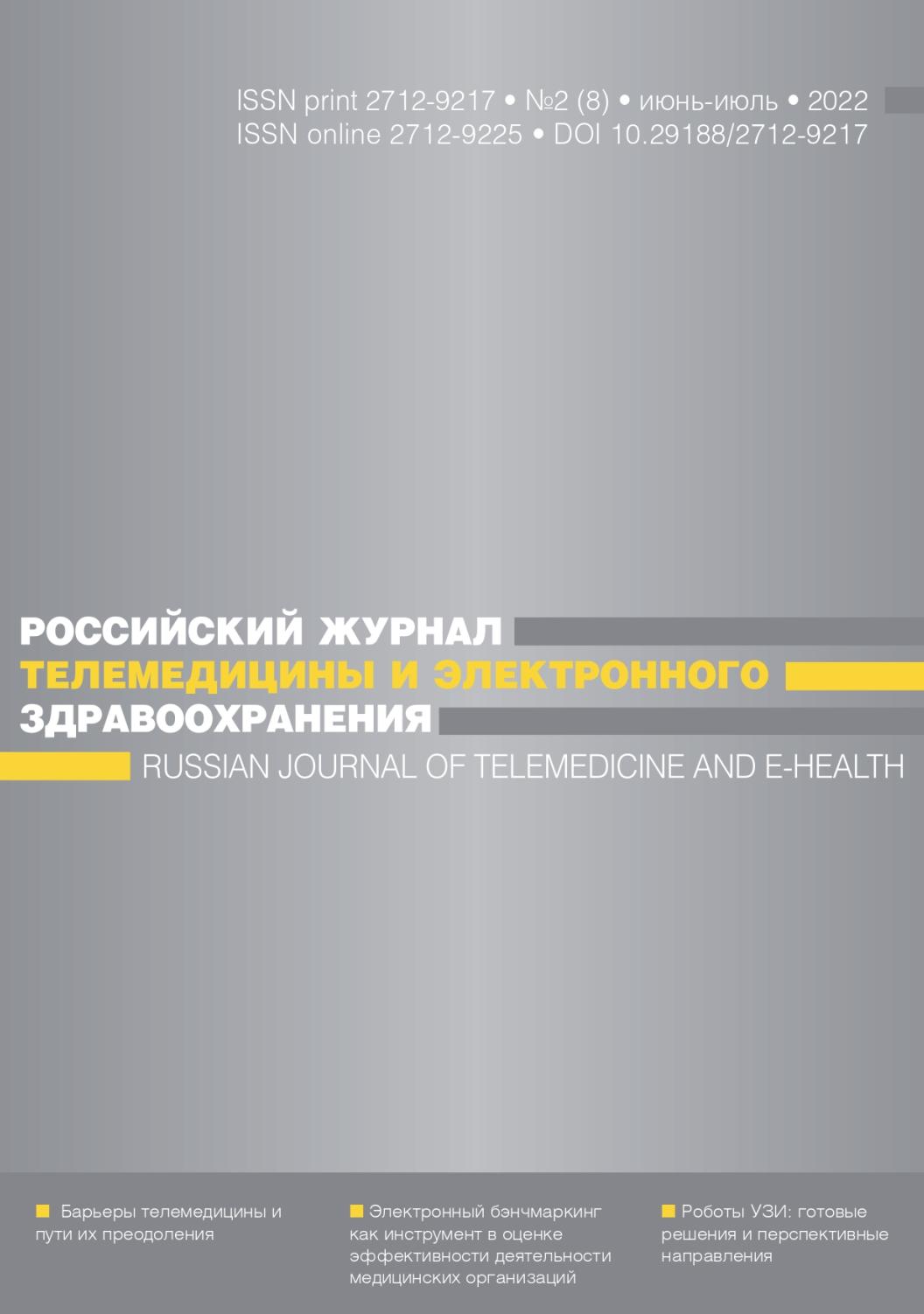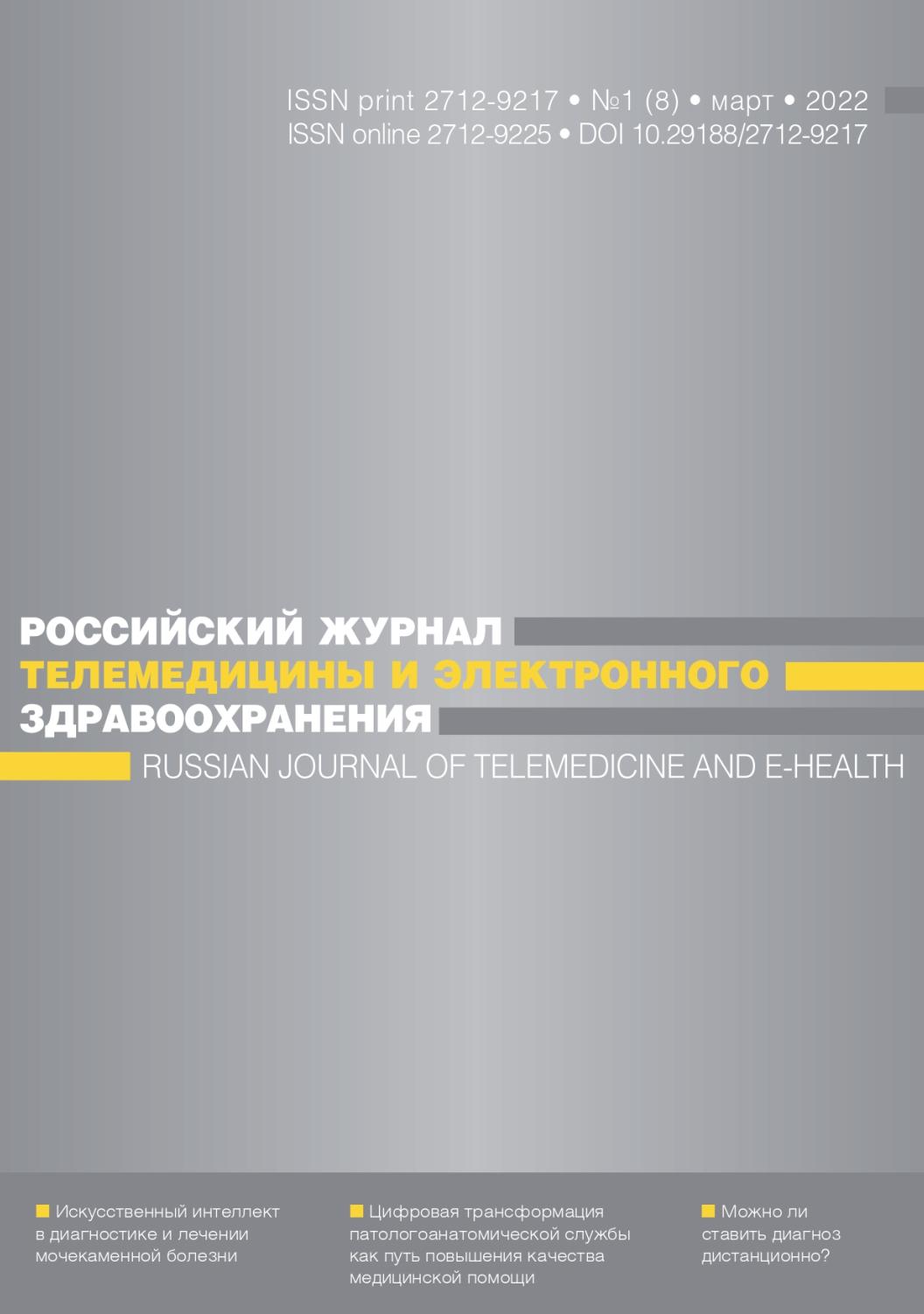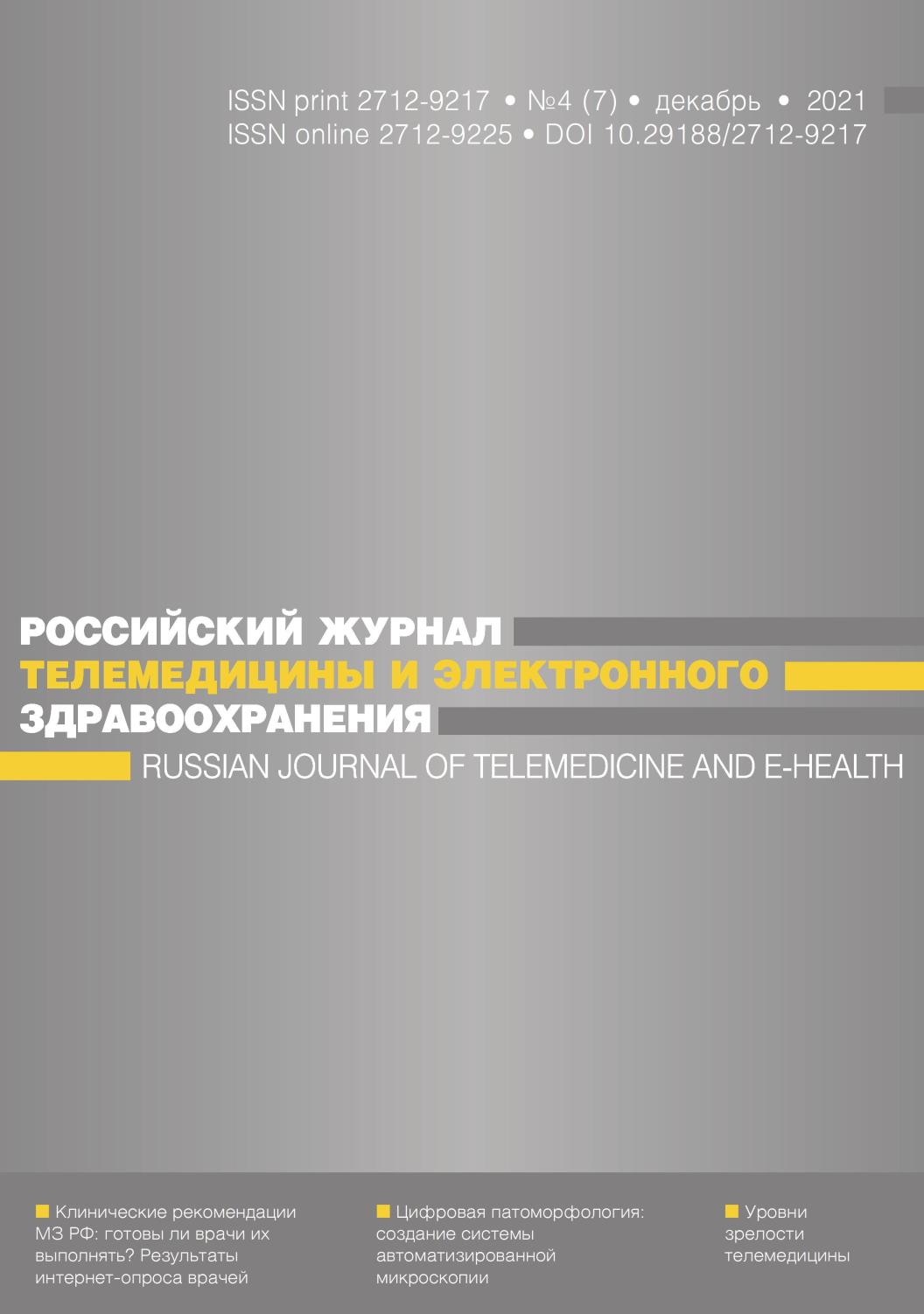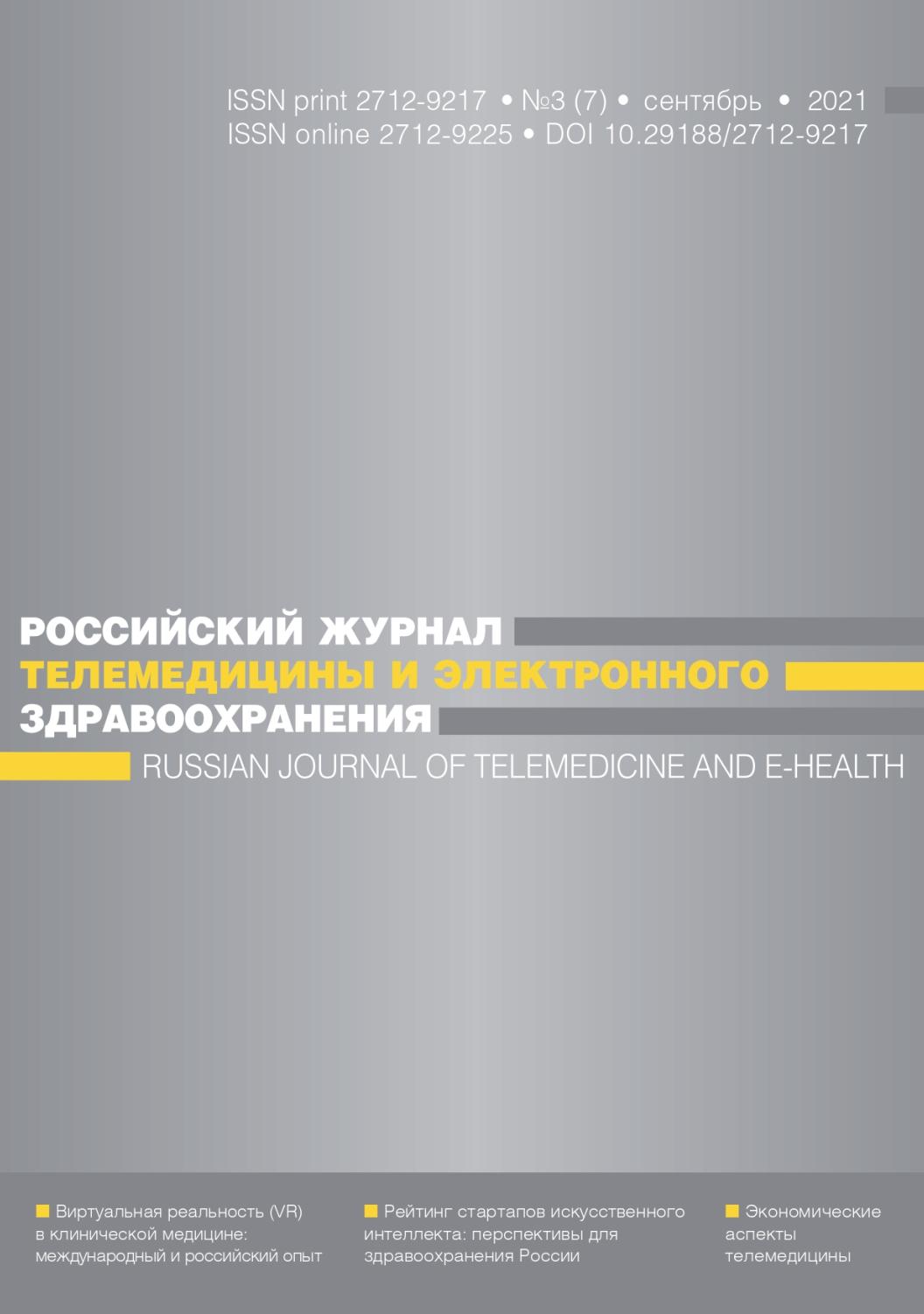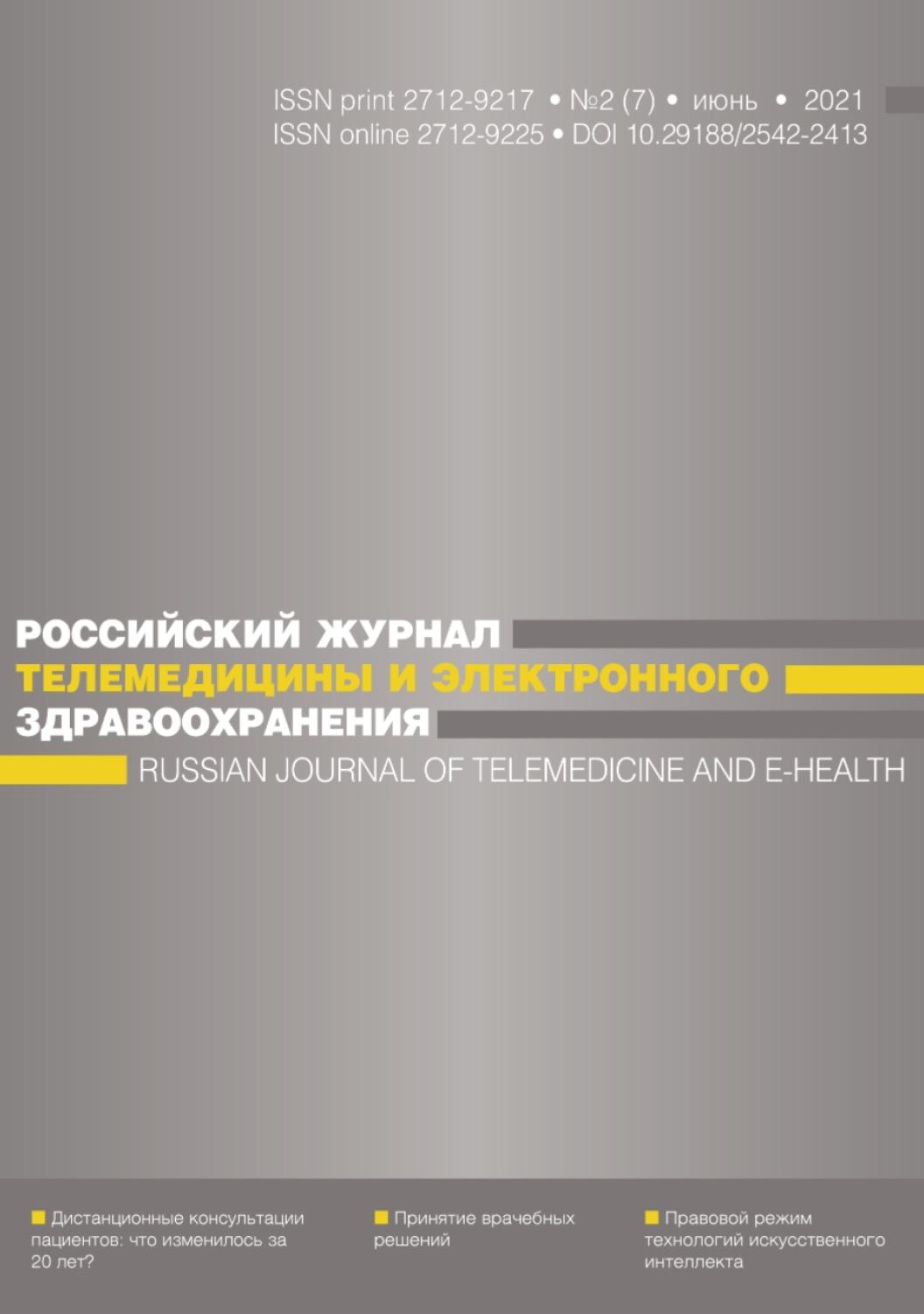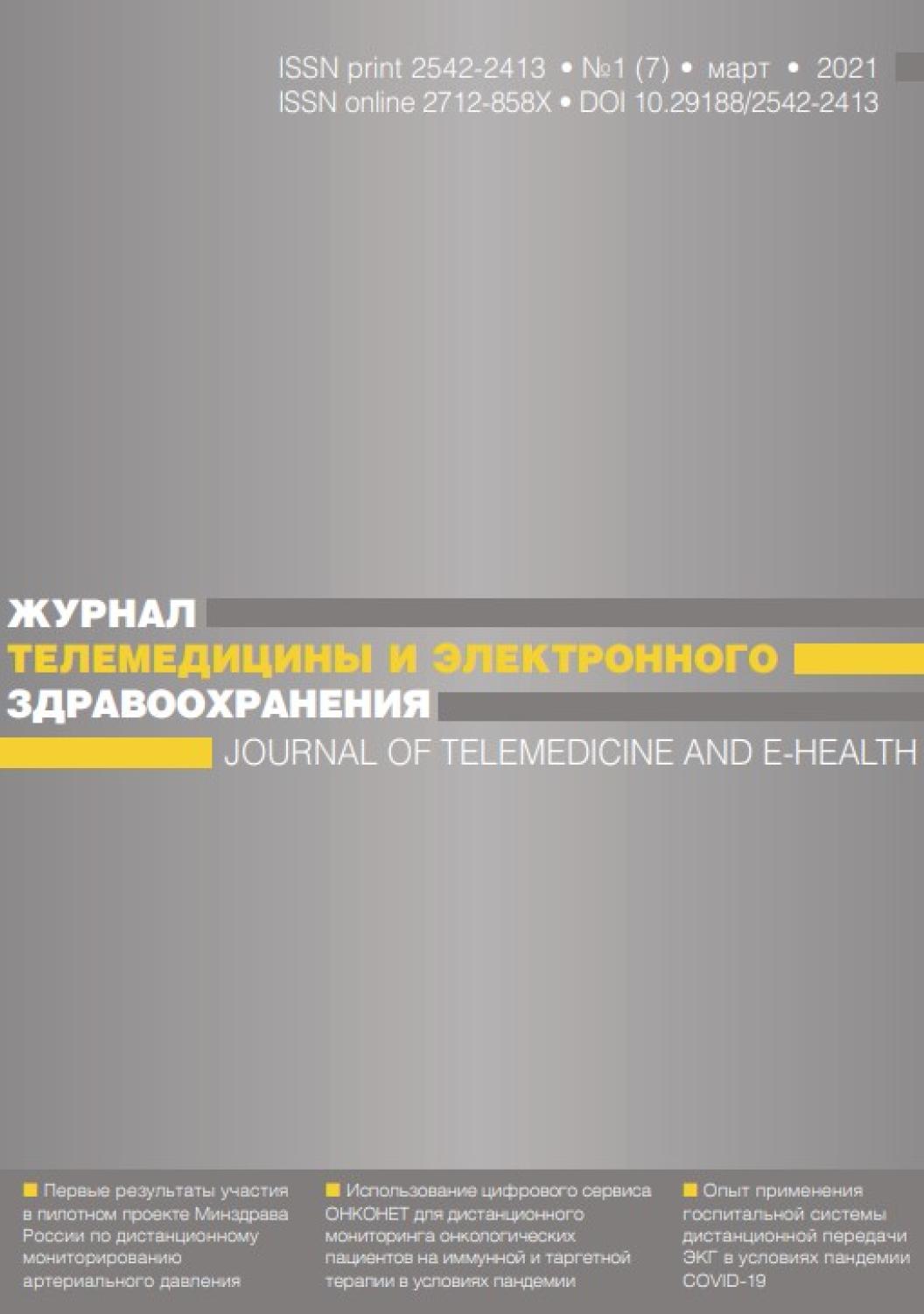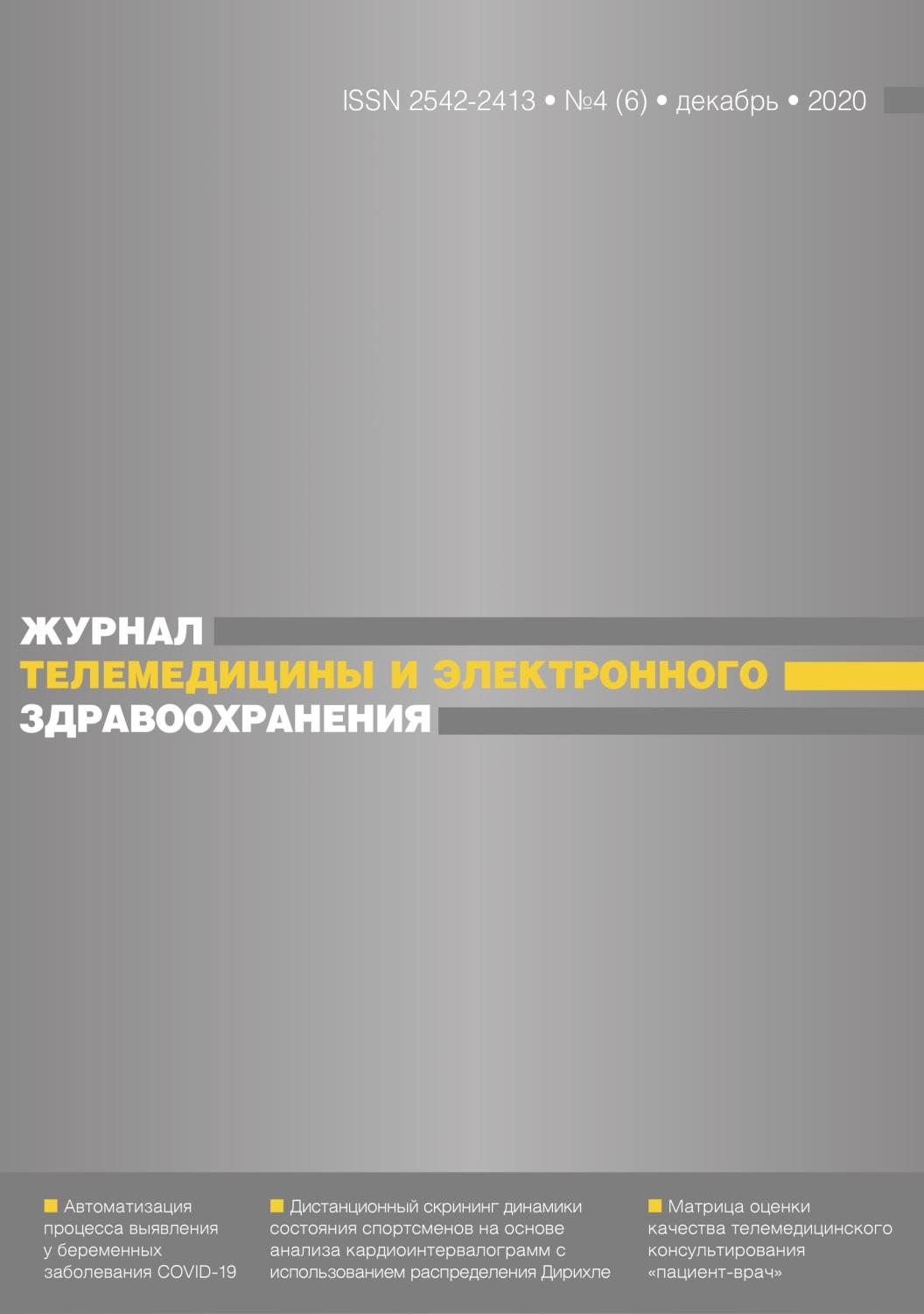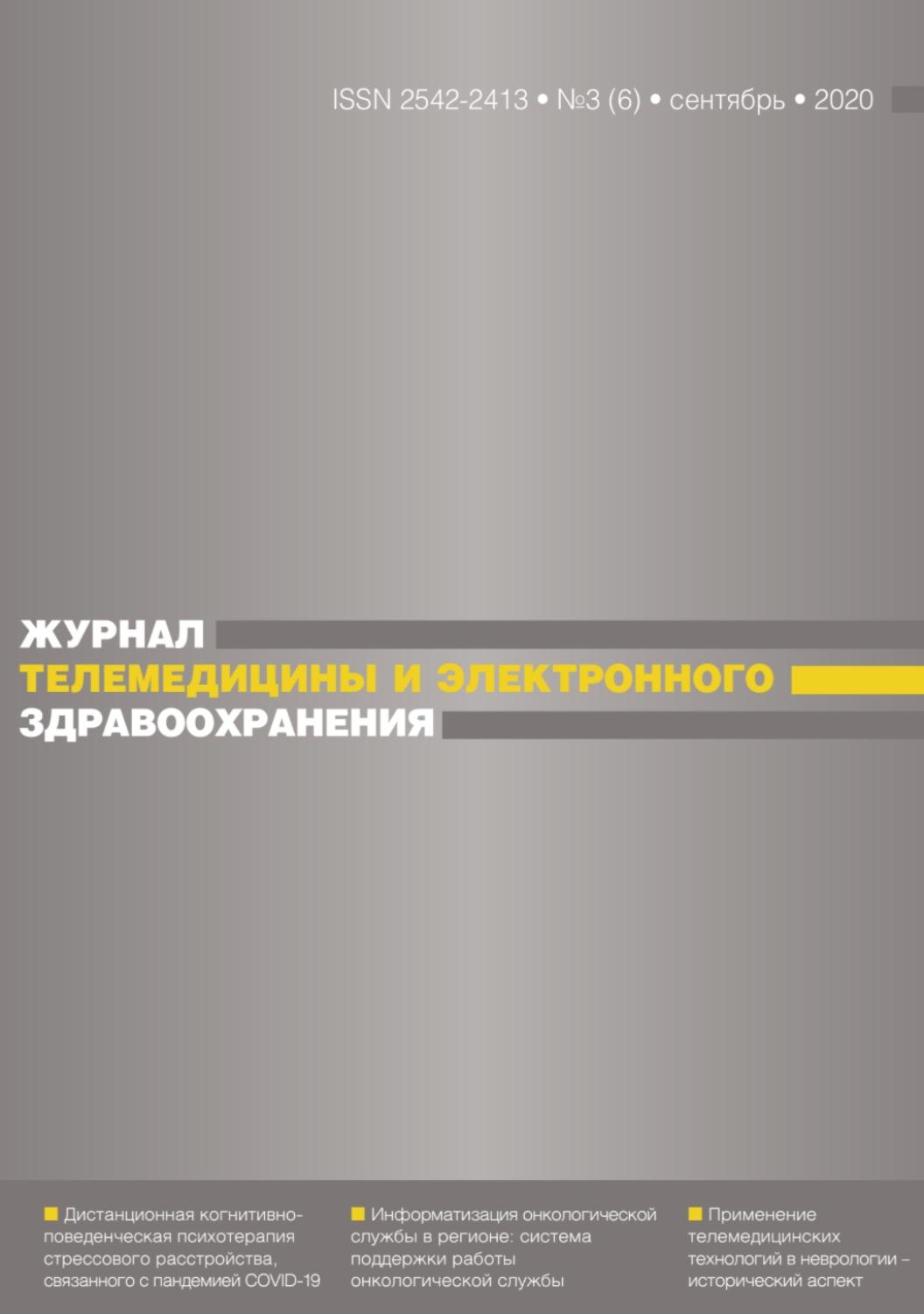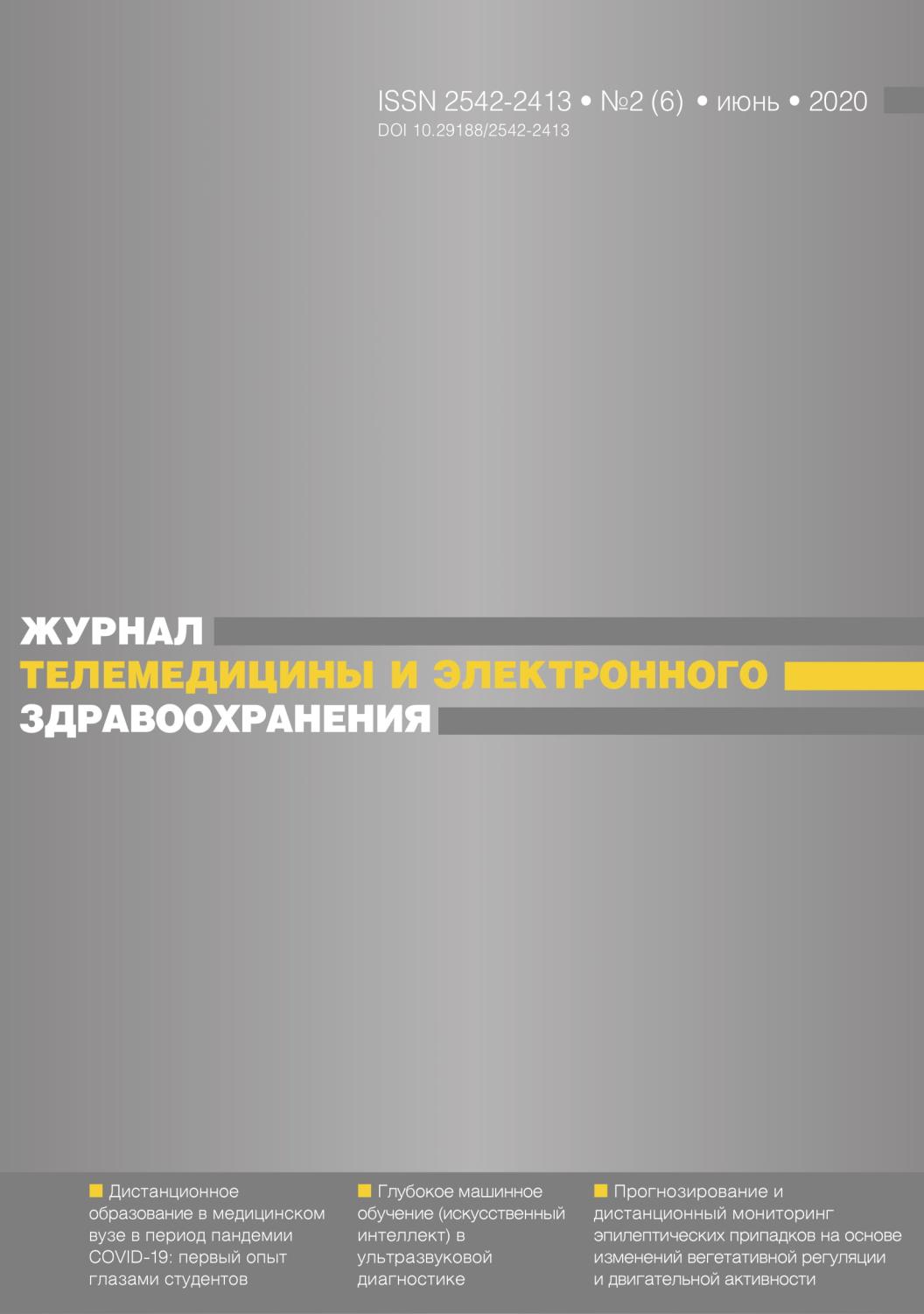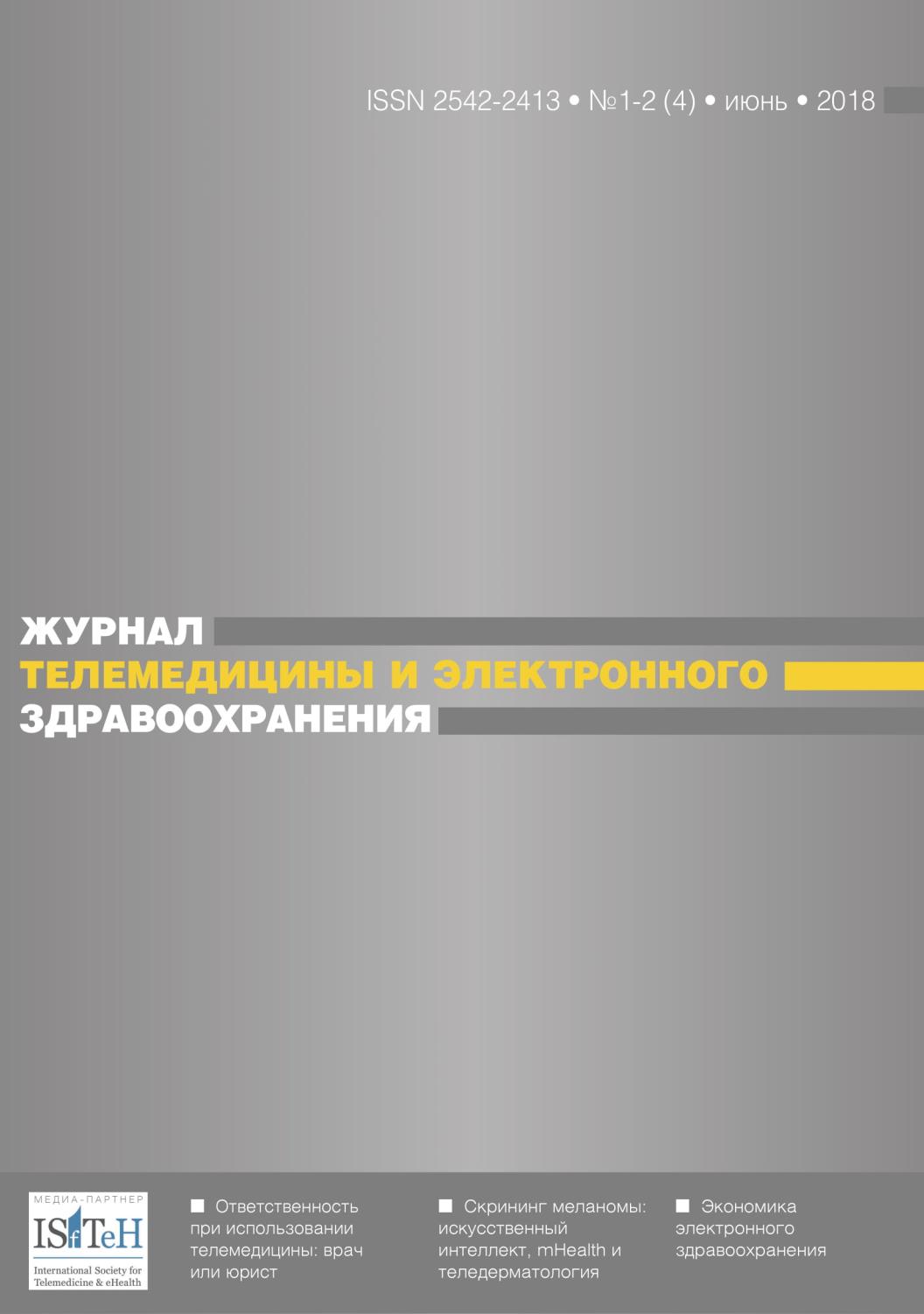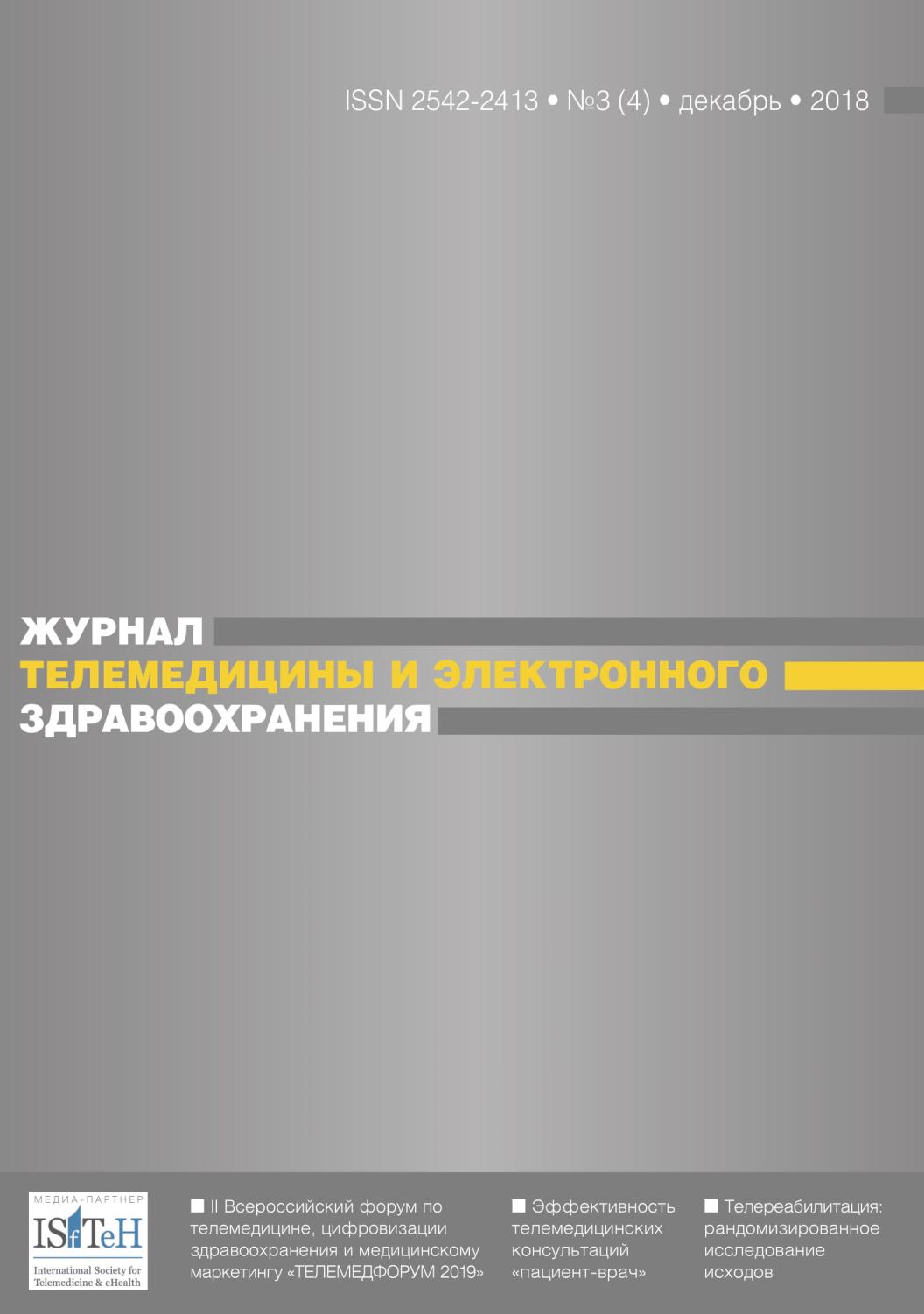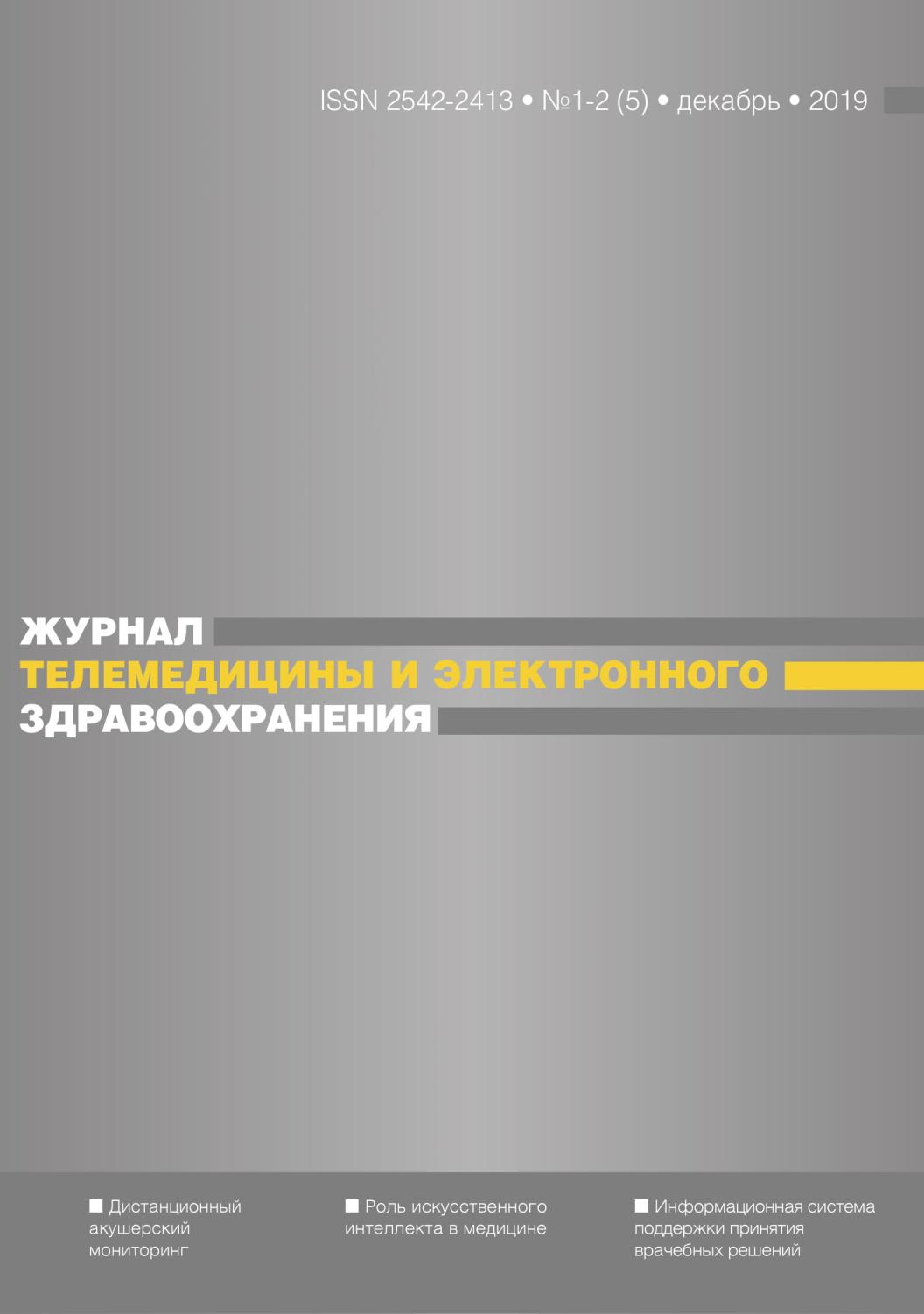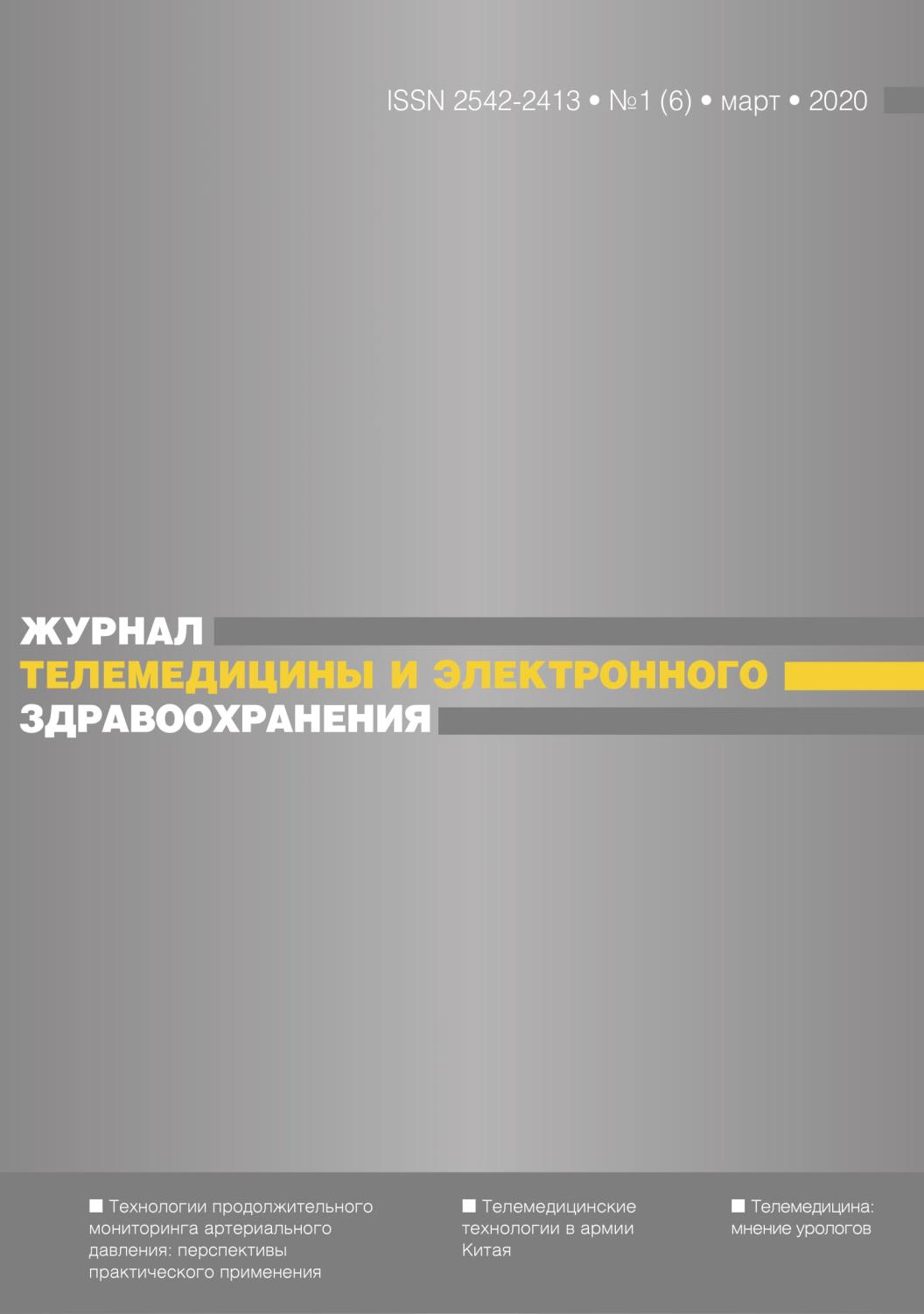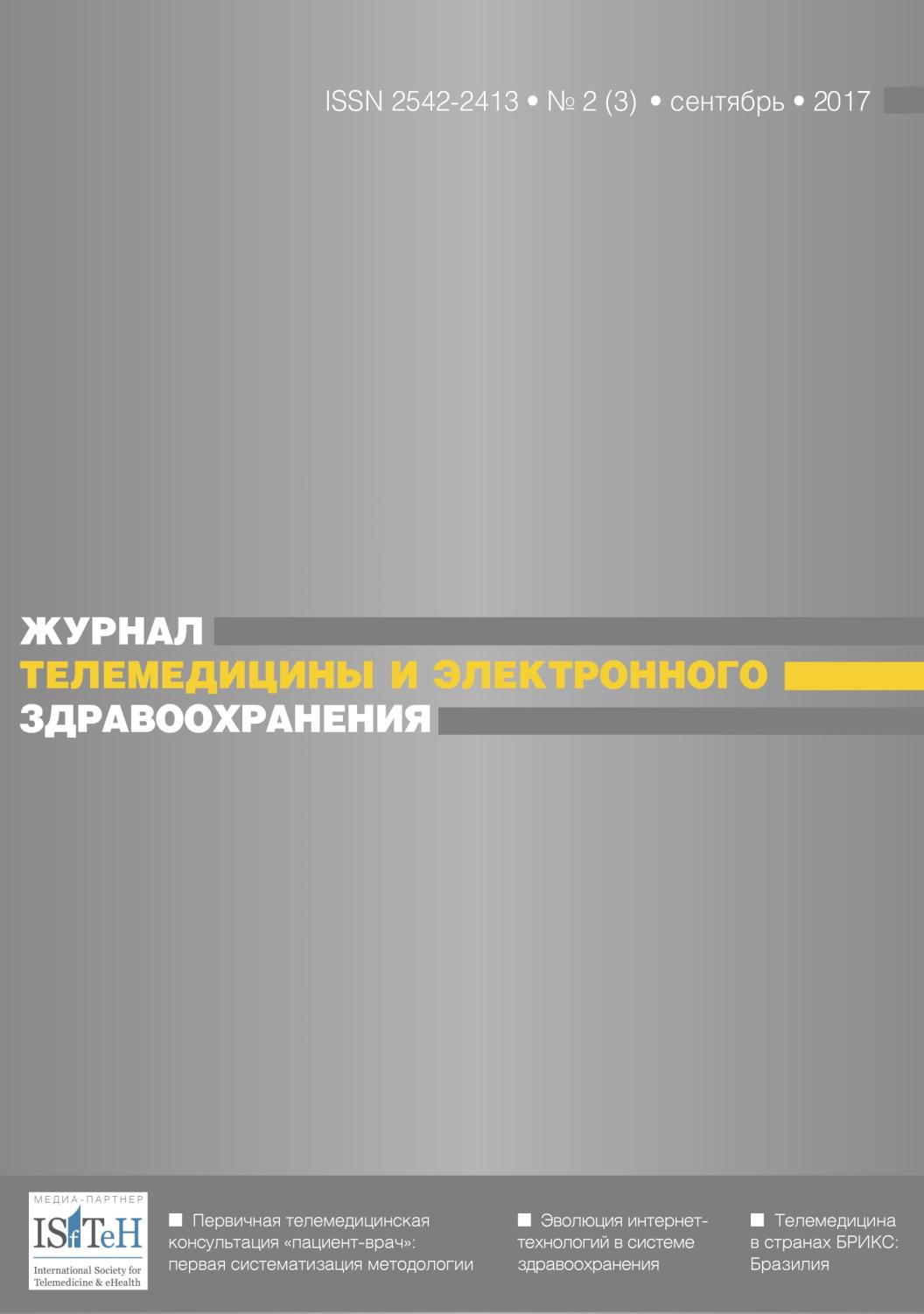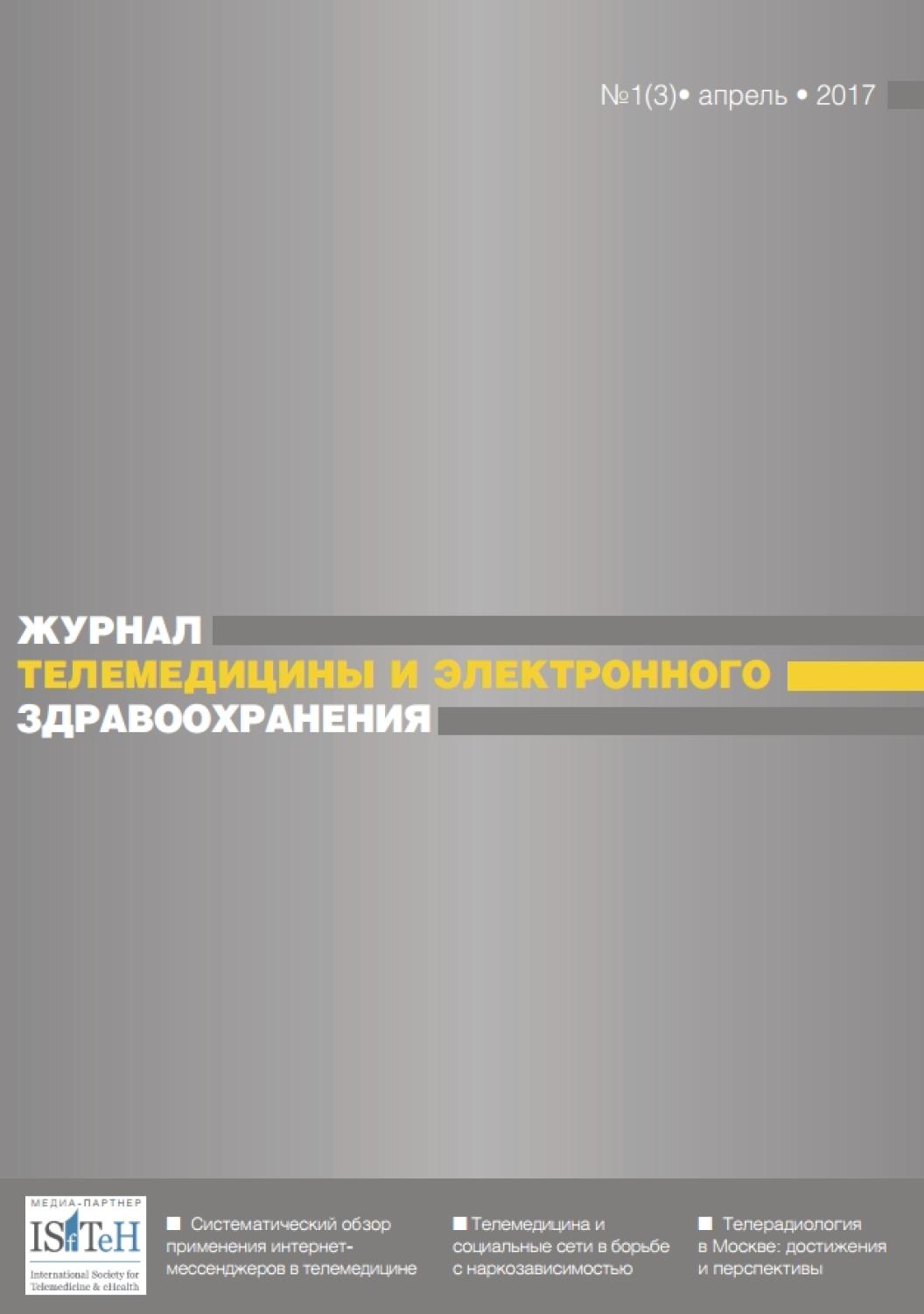Introduction. Patient satisfaction with treatment is a rather urgent medical and social problem, the solution of which is important in improving the health of the nation. The results of training neural networks of various types for predicting patient satisfaction with treatment in a specialized rehabilitation clinic are presented.
The objective. To assess the possibilities of using different types of neural networks in predicting the level of patient satisfaction based on basic information.
Materials and methods. When training neural networks, basic information about patients was used: gender, age, marital status, living conditions, education, Smoking, disability and group, the age of the disease and the age of disability if it exists. The study involved 98 patients. Data on 78 of them were used to train the neural network, and 20 patients made up a group testing the accuracy of predictions.
Results. The most accurate prediction was achieved with 12-hour training of a Bayesian neural network, which gives a forecast with an accuracy of 87%, with a standard error (0.74).
Conclusion. Based on the data obtained, it is concluded that it is appropriate to predict the level of patient satisfaction with medical care before it is provided based on basic information about the patient.


